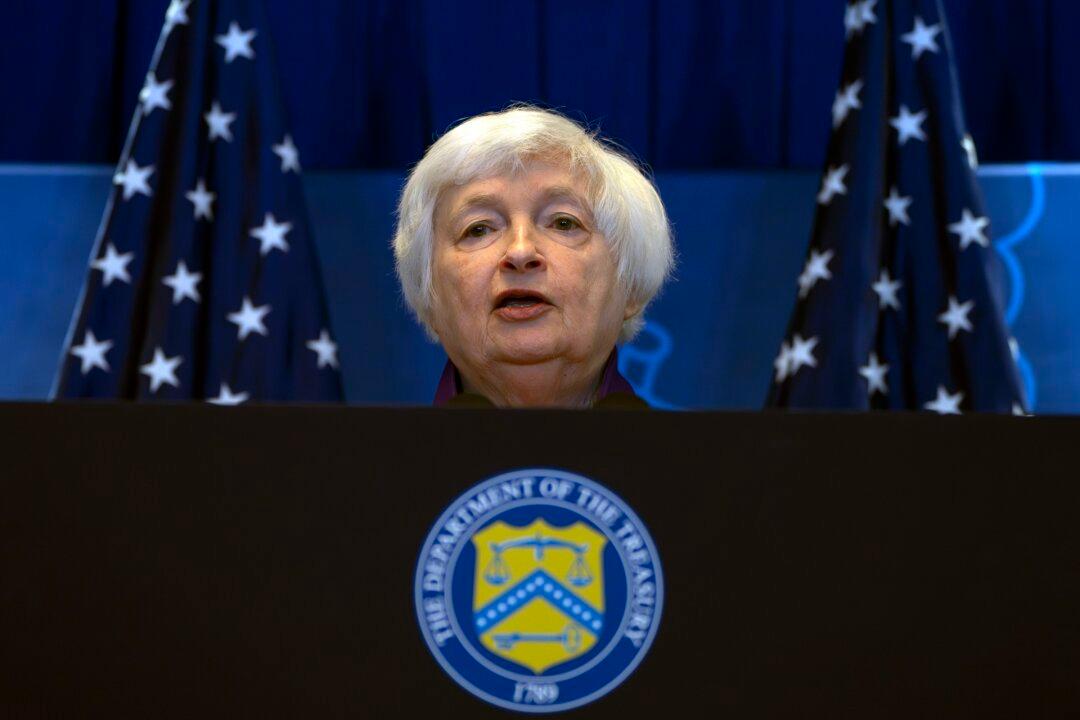The war between Hamas and Israel is unlikely to spill over into the global economy, Treasury Secretary Janet Yellen told delegates at the annual meetings of the International Monetary Fund (IMF) and World Bank in Morocco.
Despite the initial volatility in global financial markets on Oct. 9, investors have largely dismissed concerns that the latest conflict in the Middle East will affect the international economy, pricing in various scenarios.





